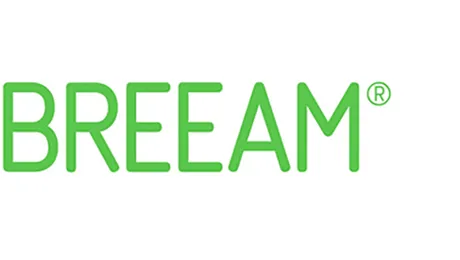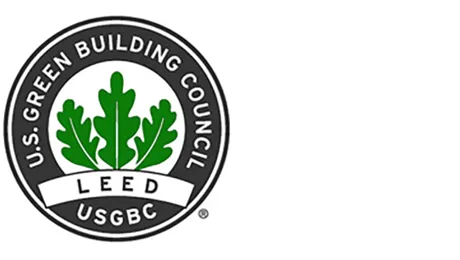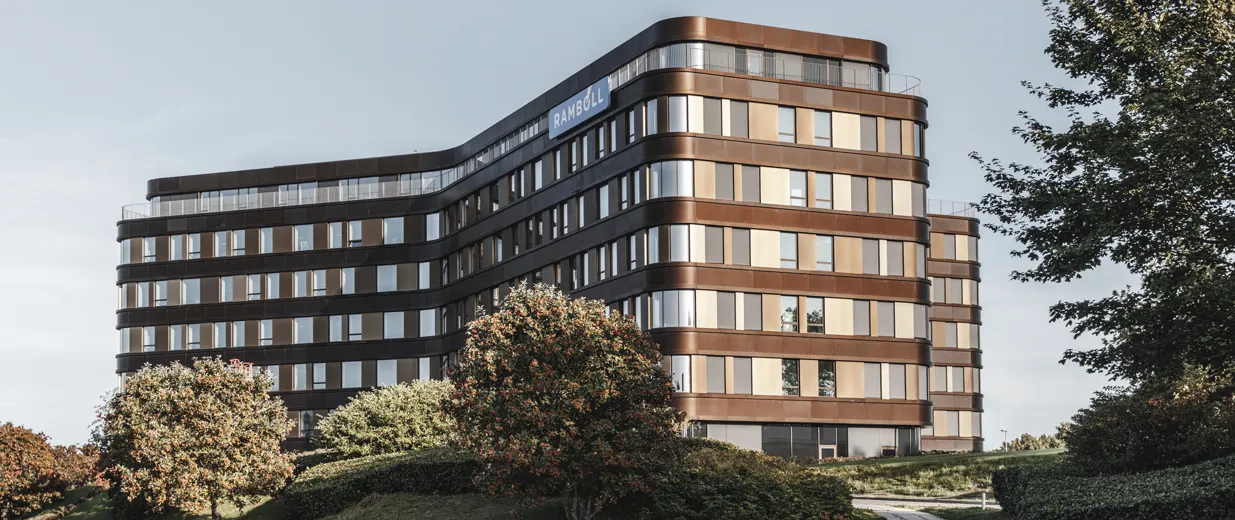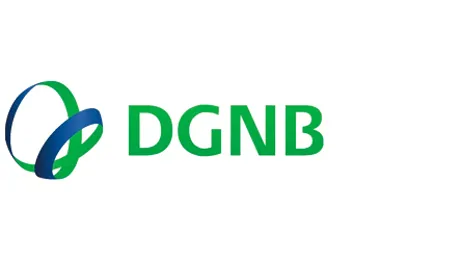
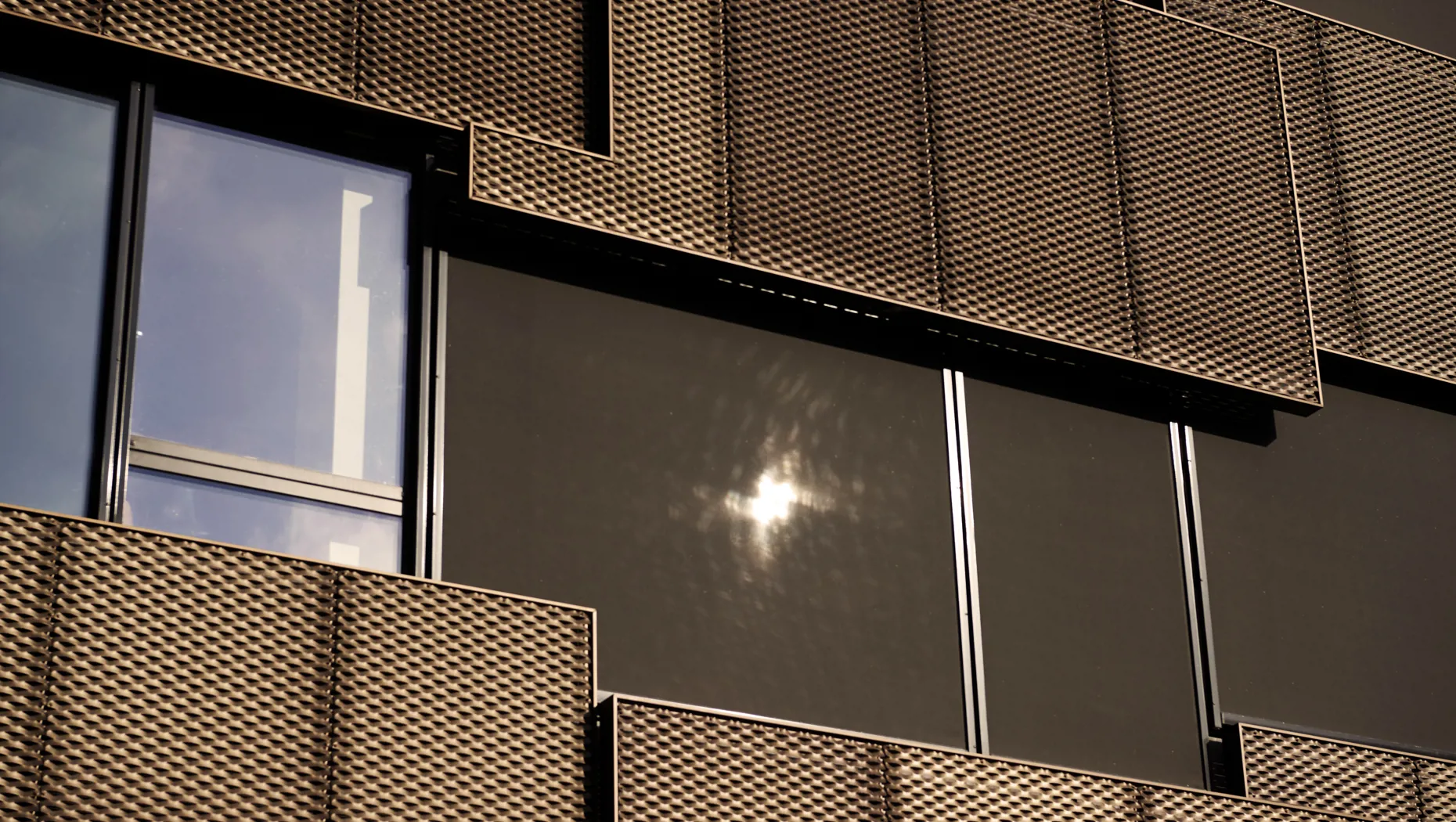
SUSTAINABILITY DOCUMENTED
Documentation is the way forward
An EPD (Environmental Product Declaration) is a detailed documentation of a product's environmental impact at various stages of its life cycle. We provide EPDs for our screens, roller blinds, blackout systems, drop arm awnings, and markisolettes. Learn more about the certification on EPD Denmark's website.
See our specific EPDs further down this page.
EPD AS A TOOL
EPDs are crucial for building certifications like DGNB, LEED, and BREEAM. They simplify the comparison of the environmental impact of various construction materials for architects and builders. Moreover, while avoiding overly technical details, it’s worth noting that EPDs are also a requirement in the Voluntary Sustainability Class and can be included in tender documents.
THE FIRST STEPS
Mapping building materials holds significant promise for the future of construction. An EPD is one of many essential documents that demonstrate a commitment to minimising your environmental impact. We began by securing EPDs for our screens, recognising their crucial role in sustainable building practices. It is important for us to document what we already practise with our products, including screens, as a long-lasting, effective, and competitive solution.
Download our EPDs
FACTS ABOUT THE CERTIFICATION SCHEMES
Sustainability is not just about energy efficiency; it equally involves wellbeing, environmental health, and economic stability, all of which are reflected in the three certification schemes.
DGNB. According to the Danish Green Building Council, this German scheme is deemed the most appropriate system for Danish conditions. Being the most comprehensive scheme available, DGNB assesses quality across a range of factors, including environmental, economic, social, functional, technical, process, and locational considerations.
BREEAM. A British scheme tailored to the specific standards of the country and/or Europe. Sustainable buildings are evaluated based on 10 categories: management, health & wellbeing, energy, transport, water, materials, waste, land use & ecology, pollution, and innovation.
LEED. An American certification program based on American standards. Particularly relevant for businesses operating in the international market. In addition to energy consumption, the certification evaluates various factors, including the building's location, water usage, material selection, indoor climate, management practices, waste management, and several other criteria.

